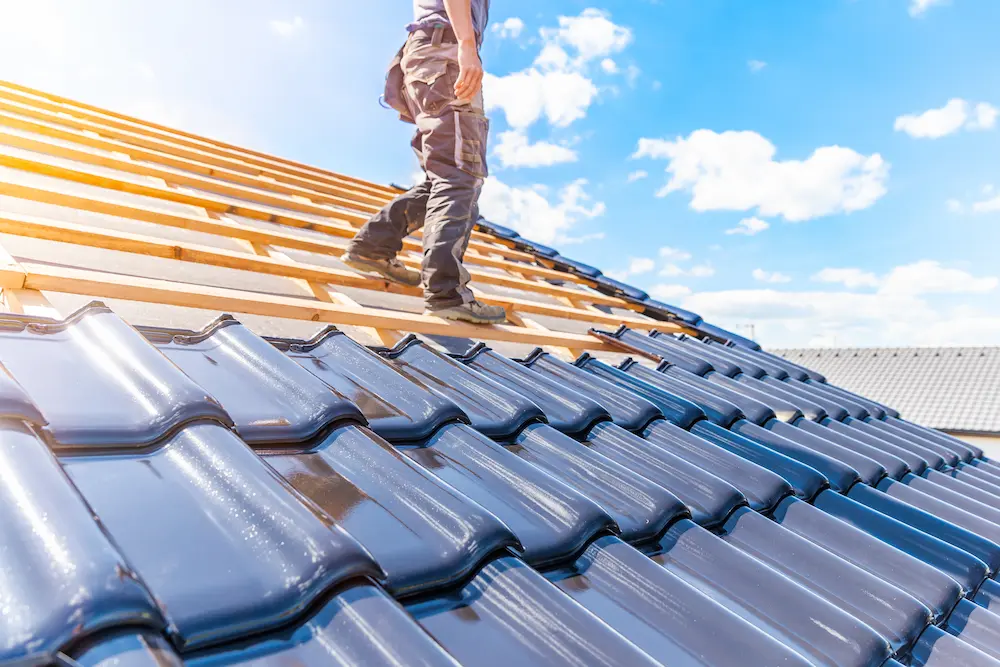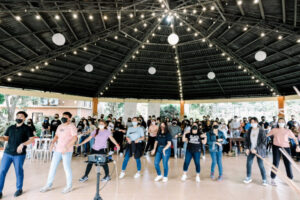Singapore, known for its tropical climate and heavy rainfall, poses unique challenges for building maintenance, particularly in terms of waterproofing. The importance of effective waterproofing cannot be overstated, as it plays a crucial role in preserving the structural integrity and longevity of buildings. In this blog, we delve into the common waterproofing issues faced by structures in Singapore and explore solutions to address them effectively.
The Importance of Waterproofing in Singapore
Singapore’s climate, characterized by high humidity and frequent heavy rainfall, creates ideal conditions for water infiltration into buildings. Inadequate waterproofing can lead to a plethora of problems, including structural damage, mold growth, and compromised indoor air quality. Moreover, with property values soaring in Singapore, proper waterproofing is essential for preserving investment value and ensuring the safety and comfort of occupants.
Common Waterproofing Issues in Singapore
Roof Leaks: Roof leaks are a prevalent issue in Singapore, often caused by poor installation, aging materials, or damage from severe weather events.
Basement Seepage: Given the island nation’s limited land area, many buildings have basement levels susceptible to seepage, especially during heavy rains or high groundwater levels.
Wall Dampness: Dampness in walls can occur due to water penetration from external sources or plumbing leaks within the building, leading to unsightly stains, mold growth, and structural deterioration.
Balcony Waterproofing Failure: Balconies are exposed to the elements and require robust waterproofing to prevent water ingress, which can cause damage to the underlying structure and compromise safety.
Causes Behind Waterproofing Failures
Singapore’s unique climate and urban environment contribute to waterproofing failures in various ways. Heavy rainfall and high humidity levels increase the likelihood of water infiltration, while poor construction practices, such as inadequate surface preparation or improper material selection, can compromise waterproofing integrity. Additionally, aging buildings may experience deterioration of waterproofing materials over time, necessitating regular maintenance and repairs to prevent failures.
Solutions and Prevention Methods
To combat waterproofing issues effectively, property owners and managers can implement the following strategies:
- Utilize high-quality waterproofing materials designed to withstand Singapore’s climate.
- Ensure professional installation by experienced contractors familiar with local building codes and best practices.
- Schedule regular inspections and maintenance to detect and address potential issues before they escalate.
- Implement proper drainage systems to redirect rainwater away from the building and prevent pooling or seepage.
Takeaway
Understanding common waterproofing issues and their underlying causes is paramount for property owners and managers in Singapore. By taking proactive measures to address these challenges, such as investing in quality materials, professional installation, and ongoing maintenance, buildings can remain resilient against water intrusion and maintain their value and functionality for years to come. Remember, when it comes to waterproofing, prevention is always better than cure. For expert assistance with waterproofing solutions in Singapore, don’t hesitate to consult a reputable waterproofing specialist Singapore.




